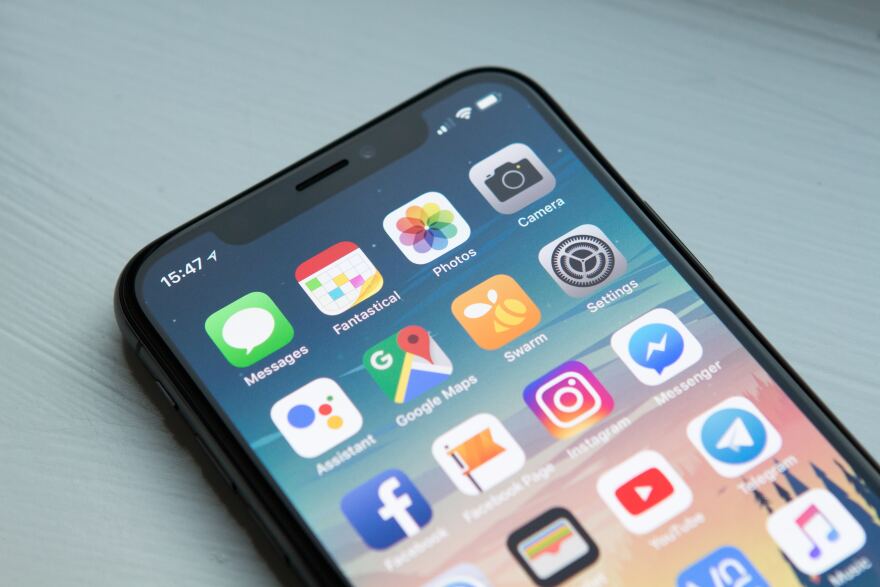The Michigan Supreme Court has adopted a significant rule change that will allow the public to bring cell phones, laptops and tablets into all state courthouses and courtrooms.
The new rule will also let members of the public use their phones to photograph state court records.
The new rule will take effect on May 1, 2020. Currently, rules for personal electronic devices vary a lot among local courts.
The Michigan Supreme Court order, which amends the current rule (MCR 8.115), was announced on Wednesday. It was approved by six of the seven members of the Michigan Supreme Court with Justice Stephan Markman dissenting.
Under the new rule, members of the public will be able to use electronic devices in a courtroom or courthouse to access the internet and exchange email and texts. Devices must be silenced in the courtroom. The public cannot record court proceedings unless the judge gives permission. Recording or photographing a juror or potential juror is forbidden, and the public cannot record or photograph people in the courthouse without their consent. Judges can sanction violators of the new rule.
"This rule gives everyone the same access to courts that lawyers have," said Chief Justice Bridget Mary McCormack. "And we think that's fair."
McCormack said the new rule will make using the courts easier for witnesses, jurors, and people who don't have lawyers.
"Judges will be able to maintain secure courtrooms," said McCormack. "And they'll be able to make sure that disruptive behavior is not taking place."
The new rule came after a process of public comment that included almost 50 written comments.
Supporters of the amendments noted that cell phone access is essential to litigants who represent themselves. They point out that people, including witnesses, litigants and jurors, who do not have a car, have no place near the courthouse to store a phone and therefore are unable to receive messages from their lawyers, family members or employers; often with negative consequences for them. Some supporters point out that the prohibition of cell phones is especially burdensome for low income people.
Some judges oppose the new rule. They say it raises privacy and security concerns, including the potential for witness and victim intimidation. And they argue that it is not feasible for judges and court personnel to effectively monitor the correct use of electronic devices.
Many court clerks have opposed the rule change that permits using a cell phone to photograph court records because it could reduce revenues currently generated by copying fees.
McCormack says the new rule is largely based on national models already adopted in other states.
"It was persuasive to us that states that have gone in this direction have managed it just fine," said McCormack.




